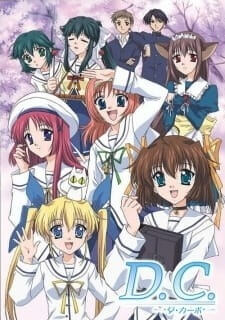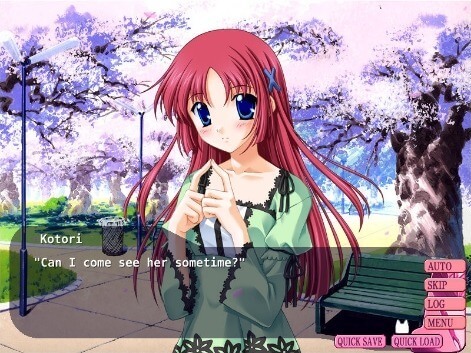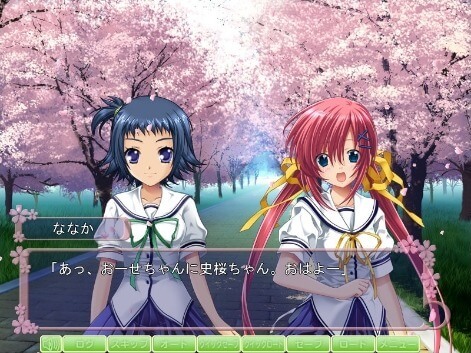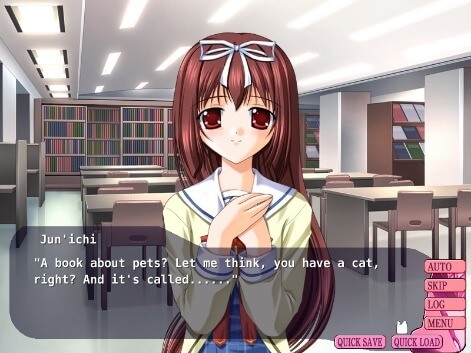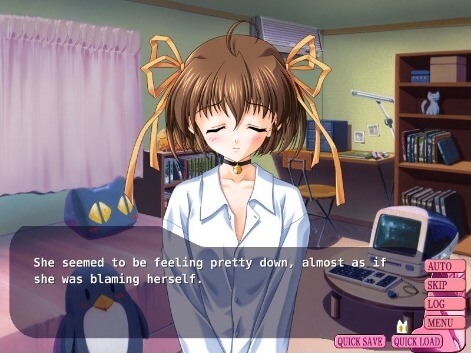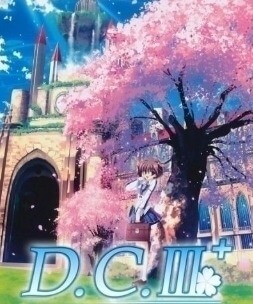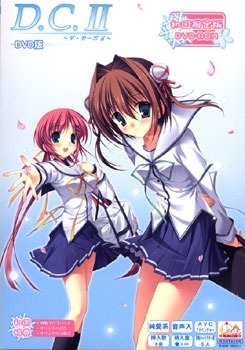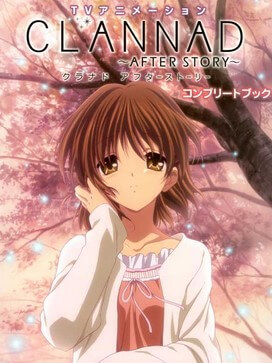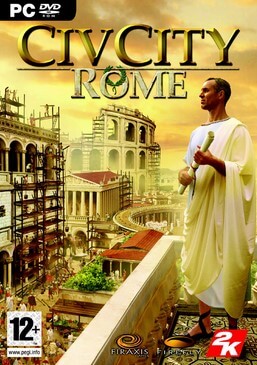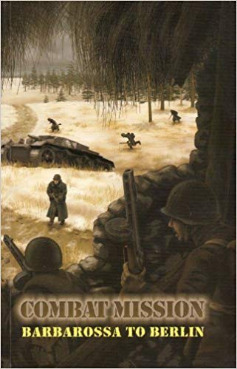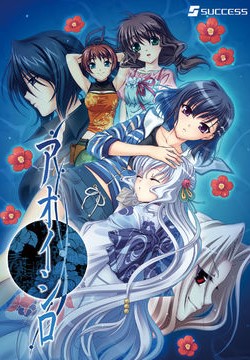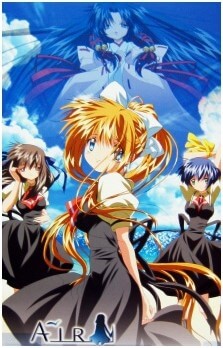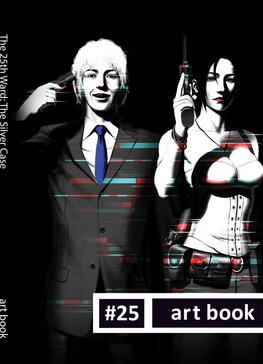Da Capo's gameplay requires little interaction from the player, as it is a classic visual novel: most of the duration of the game is spent simply reading the text that appears on the screen which represents either dialogue between the various characters or the inner thoughts of the protagonist. Every so often, the player will come to a point where he or she is given the chance to choose from multiple options. The time between these points is variable and can occur anywhere from a minute to much longer. Gameplay pauses at these points and depending on which choice the player makes, the plot will progress in a specific direction. There are seven main plot lines that the player will have the chance to experience, one for each of the heroines in the story. To view all seven plot lines, the player will have to replay the game multiple times and make different decisions to progress the plot in an alternate direction. Throughout gameplay, the player enables the viewing of sex scenes depicting the protagonist, Jun'ichi, and one of the seven heroines having sex.
Plot
Da Capo centers around Jun'ichi Asakura, who lives with his adopted sister Nemu on Hatsune, a fictional crescent-shaped island where cherry blossoms bloom all year long, where they attend Kazami Academy (風見学園 Kazami Gakuen) high school. On this island, people have mysterious powers and attributes, sourced by the unwilting magical cherry tree. Jun'ichi can see other people's dreams. One of his friends, Kotori Shirakawa, is an idol at the school who can "read minds". One day, to Jun'ichi's surprise, his cousin Sakura Yoshino comes back from America all of a sudden, who looks exactly the same girl that moved away six years ago, and has not aged one bit. She returned to remind Jun'ichi of their childhood promise.
Development
Da Capo was Circus' sixth game, but was the fourth game developed by the development group Circus Northern who had also produced their second title Suika. The game's production was headed by Tororo, president of Circus, who also worked on the game's music, and was directed by Mikage and Hotaru Koizumi. The scenario in the game was divided between four people who worked on the different stories for the heroines. Mikage wrote Nemu's and Sakura's scenarios; Kure (short for Soratobuenban ni Kure ga Notta yo) wrote Kotori's and Yoriko's scenarios; Yoko Yoko wrote Moe's and Mako's scenarios; and Mari wrote Miharu's scenario. Character design and art direction was divided between three people. Naru Nanao designed Nemu, Sakura, and Kotori; Igul designed Miharu, Moe, Mako, and others; and Kanon Ikutata designed the chibi characters, and others. The opening video was produced by Nitroplus.
Release history
Da Capo was first released in Japan as an adult game for Windows on June 28, 2002 as a CD-ROM in limited and regular editions. A version as a DVD-ROM followed on July 26, 2002 in limited and regular editions, and a package containing both CD- and DVD-ROM versions was released on September 26, 2003. A version of the original game was ported to the PlayStation 2 titled Da Capo: The Origin (〜ダ・カーポ〜 ジ オリジン〜) on February 14, 2008. A limited and regular edition of an extended version with updated storylines and characters, but with the adult content removed, was released on the PlayStation 2 on October 30, 2003 titled Da Capo: Plus Situation (〜ダ・カーポ プラスシチュエーション〜). A "best" version was released of D.C.P.S. on July 14, 2005. Circus released an adult version of D.C.P.S. on May 28, 2004 named Da Capo: Plus Communication (〜ダ・カーポ〜 プラスコミュニケーション) as a limited edition playable as a CD- and DVD-ROM for Windows. The regular edition of the game followed on June 4, 2004. This game was again re-released on December 16, 2005 as a "gratitude pack", and again on June 29, 2007 updated for Windows Vista.
A fandisc titled Da Capo: White Season (〜ダ・カーポ ホワイトシーズン〜) was released for Windows on December 13, 2002 as a Christmas limited edition; the regular edition followed on January 24, 2003 in CD- and DVD-ROM editions. A renewal package edition of White Season playable as a DVD was released on February 25, 2005. Another fandisc followed for Windows on August 27, 2004 as a limited edition titled Da Capo: Summer Vacation (〜ダ・カーポ サマーバケーション〜). The regular edition of Summer Vacation followed on September 3, 2004, and a CD-ROM version was released on August 5, 2005. Another version for the PlayStation 2 was released on December 15, 2005 in limited and regular editions called Da Capo: Four Seasons (〜ダ・カーポ〜 フォーシーズンズ). A Windows version of Four Seasons was released by Circus on June 27, 2008 with added adult content called Da Capo: After Seasons (〜ダ・カーポ〜 アフターシーズンズ).
